Manchester: rapid development alongside sustainability
Manchester is one of the UK’s most dynamic cities, an economic powerhouse of the North West with a legendary industrial history and a growing reputation for sustainability and environmental innovation. As the city expands through major regeneration schemes and infrastructure projects, its green spaces remain a key focus for planners, developers and residents alike. The city’s diverse mix of urban areas, post-industrial brownfield sites, suburban streets, and surrounding greenbelt land means tree surveys in Manchester are a critical part of responsible development.
From iconic parks like Heaton Park, the largest municipal park in Greater Manchester, to the tree-lined paths of Platt Fields, Alexandra Park, and the River Irwell corridor, the city boasts a well-established network of mature trees and woodland. Tree planting initiatives such as the Northern Forest and City of Trees are helping to increase canopy cover and offset the impact of development, while improving biodiversity and air quality.
Tree management in Manchester
Manchester City Council supports tree conservation through a range of policies and has embedded climate resilience into its long-term spatial framework, requiring that trees are properly assessed and protected before development begins. Tree surveys are likely to be required alongside planning applications for new developments impacting trees.
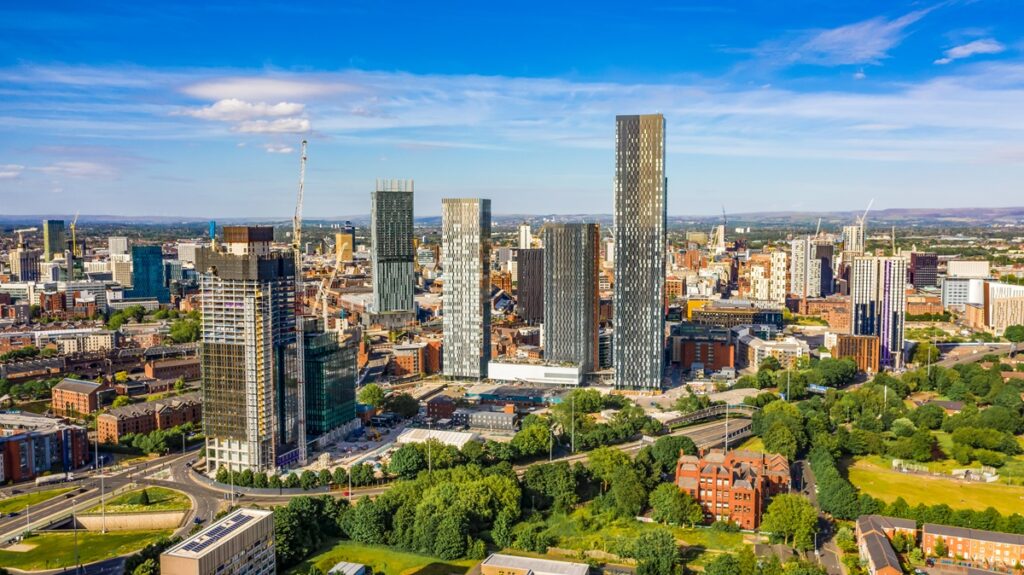
Protection for Trees in Manchester
Manchester has clear local regulations when it comes to the protection of existing trees. Trees that are subject to Tree Preservation Orders (TPOs) or located within designated Conservation Areas such as Castlefield, Victoria Park or parts of Withington, are protected by law. This means that developers or landowners must not carry out works such as pruning, felling or root disturbance without prior consent from the local planning authority. Failure to comply can result in fines or legal action.
To gain planning consent in areas where trees are present, professional tree surveys and arboricultural reports are typically required at the earliest stage of the planning process. This helps the planning authority understand the ecological, aesthetic and structural significance of trees and allows decisions to be made about how they can be retained or mitigated. In Manchester, a planning application that affects protected trees or trees on or near development sites is unlikely to proceed without appropriate tree condition surveys conducted by professional arboricultural consultants.
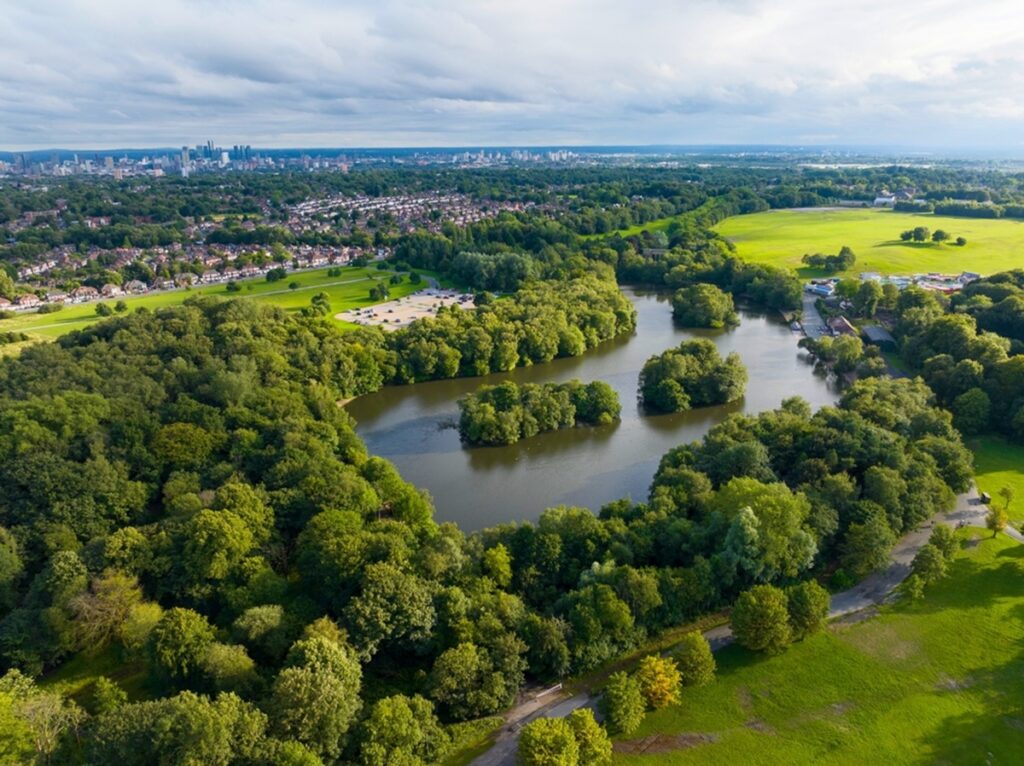
Tree Survey BS5837 Manchester
The most widely used survey method for planning purposes is the BS5837 tree survey, based on the British Standard for trees in relation to design, demolition and construction. Any Manchester tree survey must be conducted by a qualified arboriculturalist and form the foundation of any tree-related decision-making for development sites.
During the BS5837 process, all relevant trees within or near the site are inspected by professional tree consultants. Tree species, dimensions, health, structural integrity, age, and life expectancy are recorded. The survey also maps out root protection areas to indicate where construction activity must be restricted. Trees are then categorised based on their quality and value, from high-quality specimens that should be preserved, to those with limited lifespan or poor condition which may be suitable for removal. In some cases, decay detection tools are used to assess internal defects or identify dangerous trees. This data informs the site layout and helps to identify which trees can be retained, relocated or replaced by the tree owner or developer.
Tree Protection Measures
Tree protection is a key outcome of the BS5837 survey process. Where trees are to be retained, detailed advice is provided on how to protect them during demolition and construction. This might include fencing off root protection zones or specifying no-dig construction methods. If tree removal is unavoidable due to safety concerns or development constraints, mitigation plans will be proposed, such as replanting with native species or enhancing habitat elsewhere on the site. These decisions and tree condition surveys are recorded in an arboricultural report which outlines how tree impacts will be managed responsibly.
Tree Reports: the Next Steps
Once the fieldwork is complete, the findings are compiled into a tree report that can be submitted to local authorities. The report includes a Tree Constraints Plan, which shows tree locations, canopy spread, and root protection zones in relation to the proposed development. Depending on the site complexity, additional documents may be required, such as an Arboricultural Impact Assessment, Arboricultural Method Statement or a Tree Protection Plan. These documents show how new developments will proceed without damaging valuable trees, and they are crucial for projects involving trees subject to Tree Preservation Orders in the Manchester area.
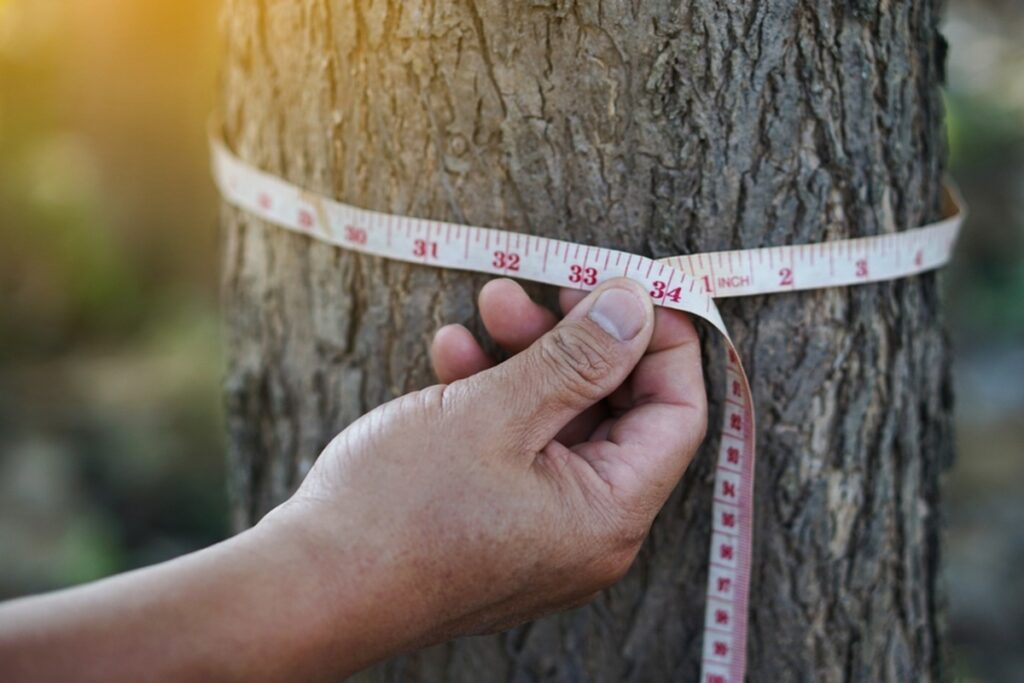
Further Reasons for Tree Surveys and Arboricultural Reports
While tree surveys in Manchester are essential for planning applications, they are also important for general tree stock management. Schools, housing estates, care homes and public buildings regularly commission tree surveys to fulfil their duty of care and meet health and safety obligations. Proactive tree inspections can identify structural defects or decay, helping a tree owner or land managers to prevent accidents or damage. As extreme weather becomes more frequent, tree safety and tree risk assessments are an increasingly important part of site management across the Manchester area.
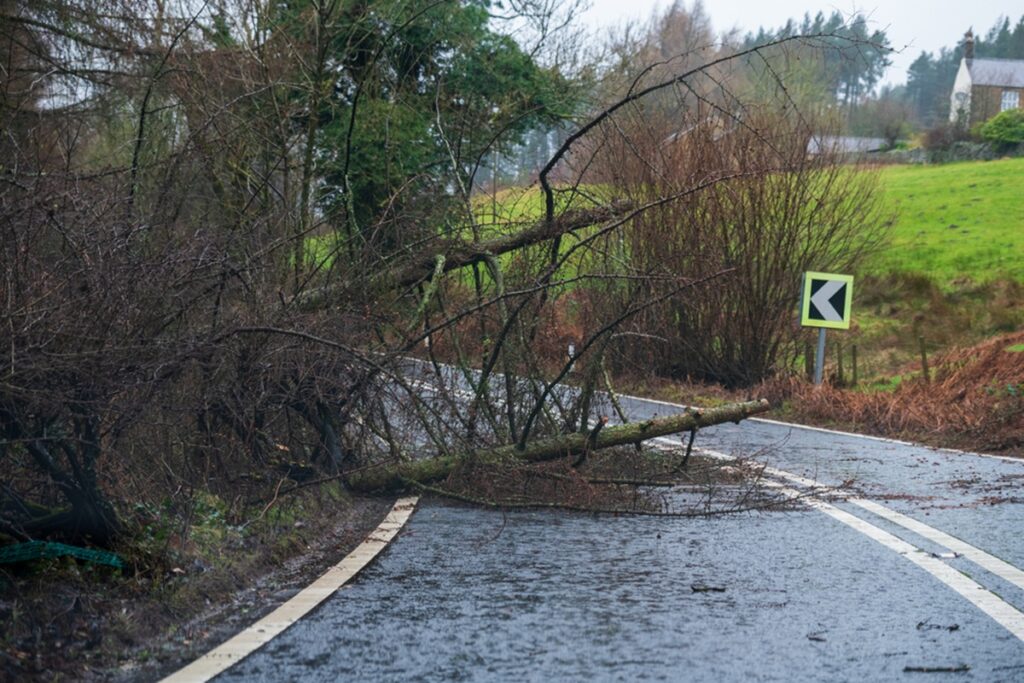
Professional Arboricultural Advice
Whether you are preparing a planning application in Manchester or the Manchester area, managing trees on your land, or need advice on tree safety or handling trees in a constrained area, our arboricultural consultants can help. With many years experience of delivering tree surveys and reports for the public and private sector, our arboricultural consultancy services include all the surveys, reports and advice that you need.
We deliver expert tree surveys in Manchester, throughout Greater Manchester and the North West, providing clear and professional tree surveys and arboricultural reports that meet standards expected by local authorities. Our qualified tree consultants are experienced in BS5837 assessments and tree risk management; we understand the local context and take a pragmatic approach to ensuring your project remains compliant and sustainable.
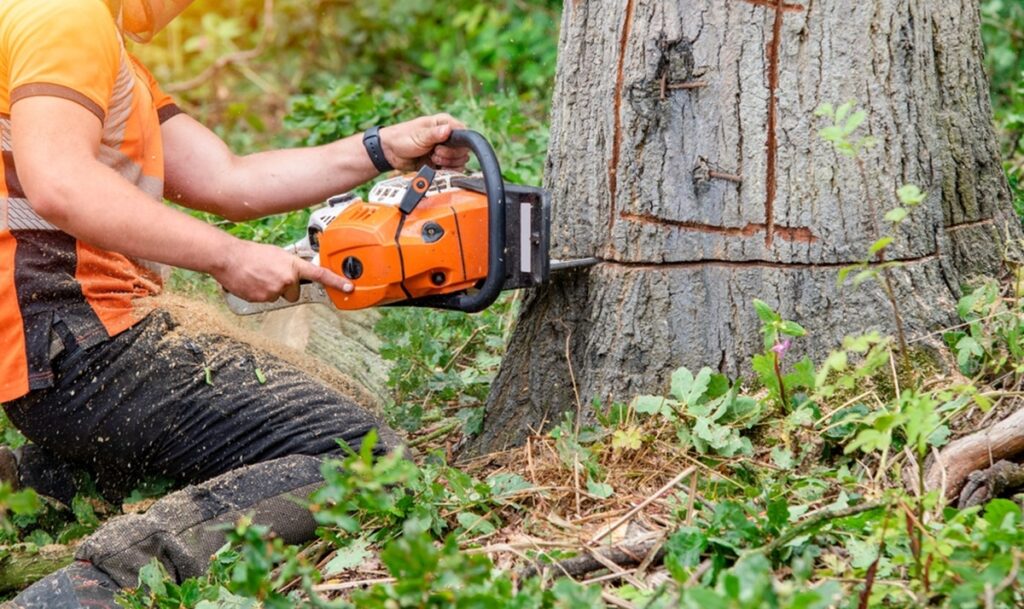
Request a Free Quote for Tree Surveys and Reports
If you would like professional advice on development-related tree surveys in Manchester, or need to arrange an arboricultural survey or risk assessment, get in touch with our tree consultants. We offer free, no obligation quotes and can arrange a site visit at a time that suits you. Simply call the number at the top of this page or use our online contact form to start your enquiry. Our arboricultural consultants will ensure your planning application includes all the relevant tree surveys it needs to aid its journey through the planning process.